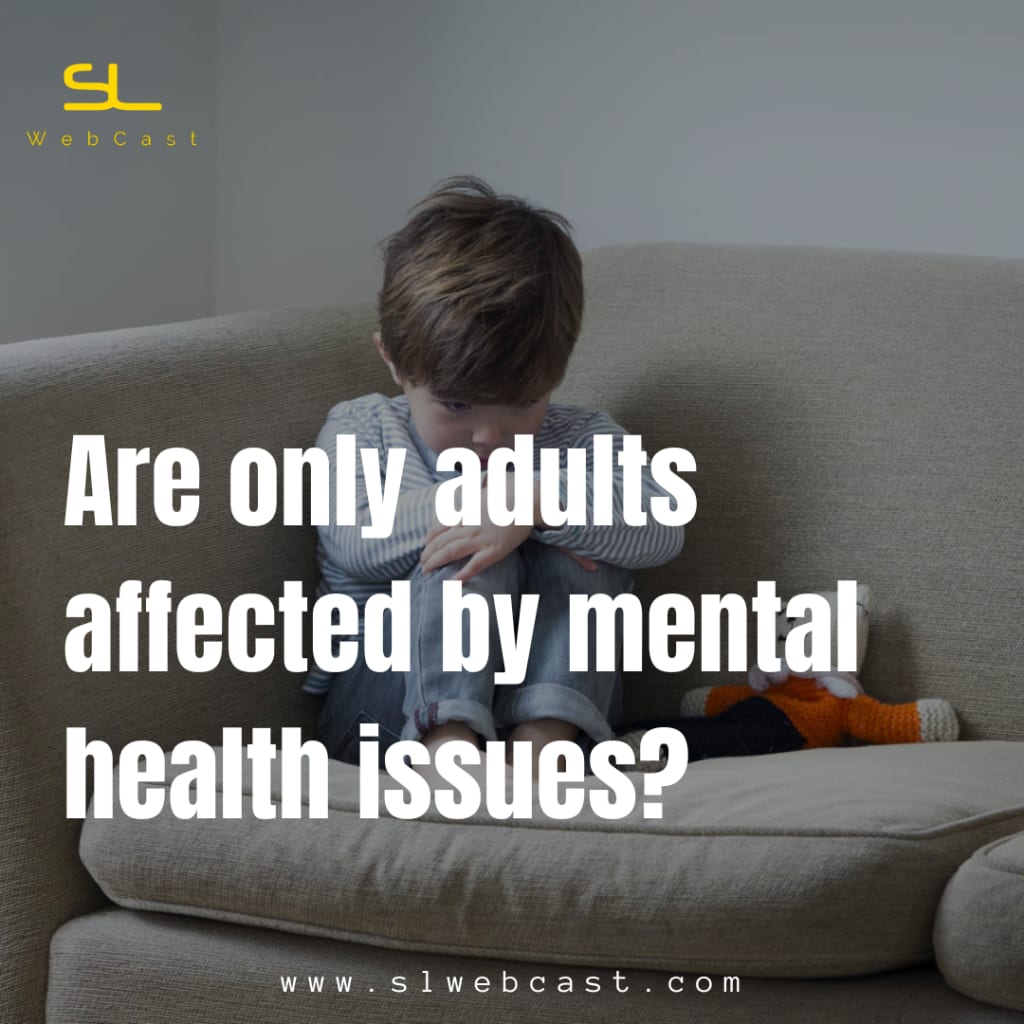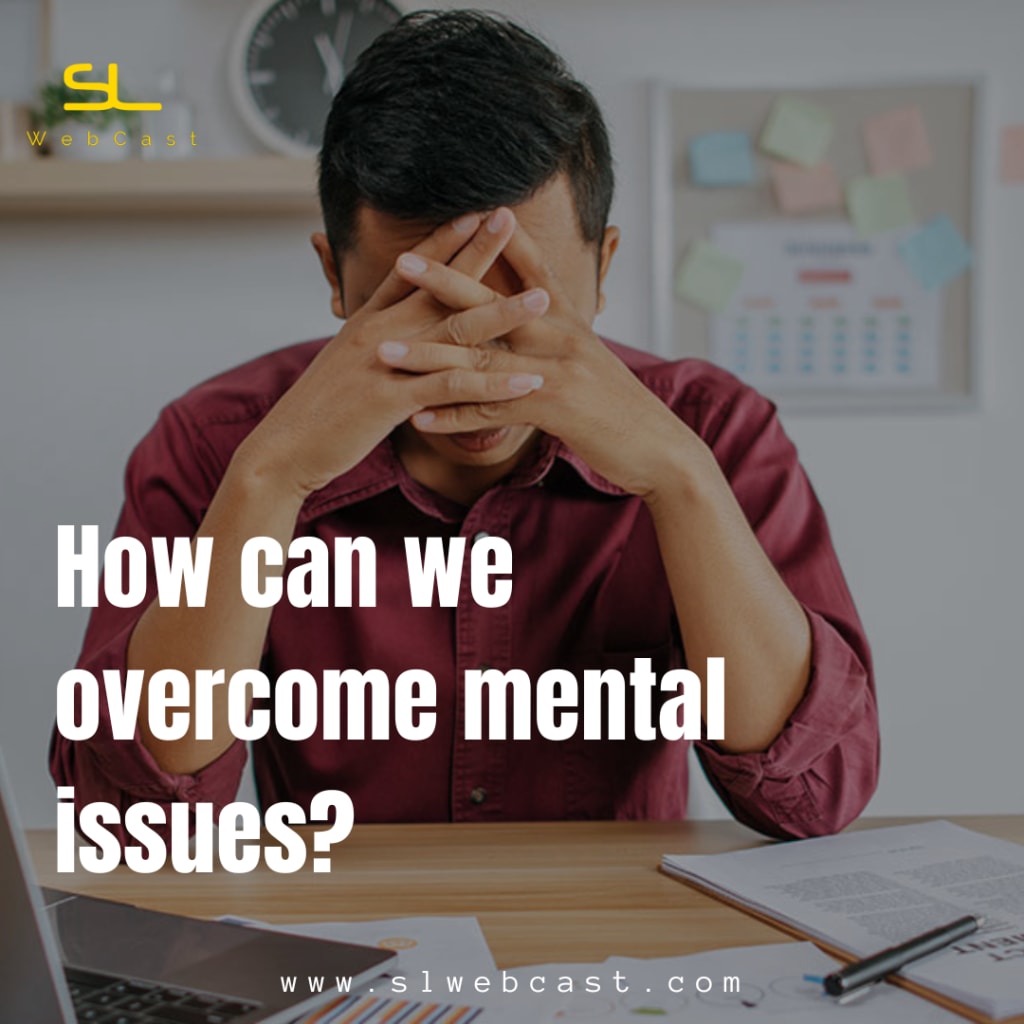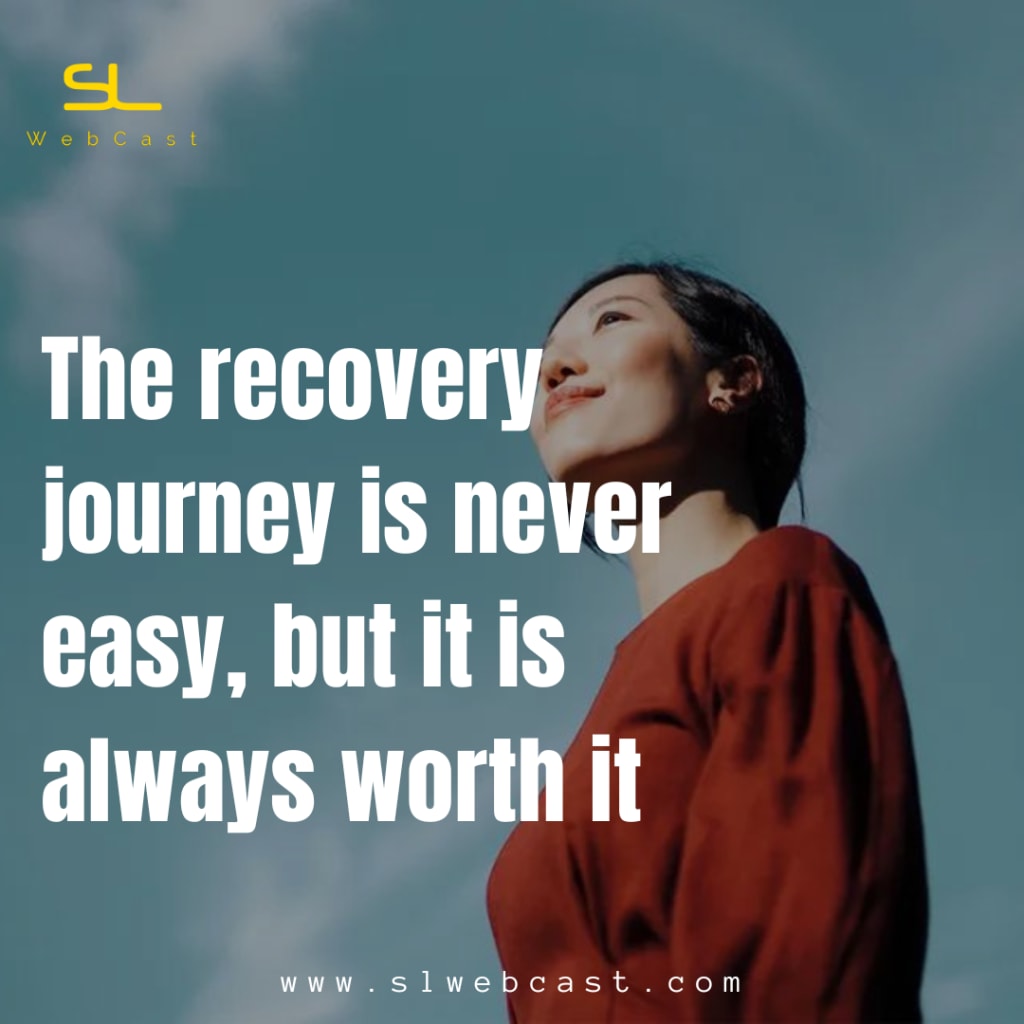What is mental health?
According to the World Health Organization:
“Mental health is a state of mental well-being that enables people to cope with the stresses of life, realize their abilities, learn well and work well, and contribute to their community.”
Mental health is a person’s emotional, psychological, and social well-being. It affects how individuals think, feel, and act. It plays a crucial role in every stage of life. Good mental health allows people to cope with daily stressors, form and strengthen healthy relationships and function effectively in their activities.
The absence of mental disorders depicts optimistic mental health and contains factors such as emotional resilience, self-esteem and a sense of purpose. However, mental health issues can occur due to various factors, including biological, genetic and environmental influences, as well as traumatic experiences. Common mental health disorders include anxiety, depression, bipolar disorder and schizophrenia which is a serious mental disorder in which people interpret reality abnormally.

Realizing and addressing mental health concerns is essential. Seeking timely professional help and support from loved ones is critical for individuals going through mental health challenges. Promoting mental health attention and reducing the stigma surrounding mental illnesses are important steps toward creating a healthier and more inclusive society. Ultimately, mental health is crucial for overall well-being and should be prioritized and cared for as much as physical health.
Mental health issues in several stages of life
- Children’s mental health issues
As early experiences shape the architecture of the developing brain, they also lay the foundations of sound mental health. Disruptions to this developmental process can impair a child’s capacity for learning and relating to others with lifelong implications. By improving children’s environment of relationships and experiences early in life, society can address many costly problems, including incarceration, homelessness and failure to complete high school. Children can show clear characteristics of anxiety disorders, attention-deficit/ hyperactivity disorder, conduct disorder, depression, posttraumatic stress disorder and neurodevelopmental disabilities, such as autism at a very early age. That said, young children respond to and process emotional experiences and traumatic events in ways that are very different from adults and older children. Consequently, diagnosis in early childhood can be much more difficult than it is in adults.

- Teenagers’ mental health issues
Some youth with mental health disorders have a difficult time succeeding in school. It is usually not because they do not want to succeed. Instead, behaviours, thoughts and emotions related to their disorders interfere with their ability to do well. These same problems often lead to disciplinary actions in school even though the cause of the difficulty may be related to their mental health.
Youth in high school with mental health disorders are more likely to fail or drop out of school compared to their peers in the general population. They tend to engage in high-risk behaviors including drug and alcohol use and/or suicide attempts, especially those youth who may be significantly depressed because they are shunned or marginalized.
- Adults’ mental health issues
Serious mental illness among people aged 18 and older is defined at the federal level as having, at any time during the past year, a diagnosable mental, behavioural or emotional disorder that causes serious functional impairment that substantially interferes with or limits one or more major life activities. Serious mental illnesses include major depression, schizophrenia, bipolar disorder and other mental disorders that cause serious impairment. In 2014, there were an estimated 9.8 million adults (4.1%) aged 18 and up with a serious mental illness in the past year. People with serious mental illness are more likely to be unemployed, arrested, and/or face inadequate housing compared to those without mental illness.
- Employees’ mental health issues
An employee may not know that they have an issue with mental health or may be scared to talk to their employer about it. Mental health can also be a very personal and sensitive topic of conversation between employees, coworkers, and employers. But no matter the difficulty of the situation, it’s important to handle mental health with care and urgency.
Signs that an employee may be dealing with mental health issues could include alterations in their physical appearance; shifts in mood or emotion, increased irritability, absenteeism, alterations in eating and sleeping habits, difficulties in problem-solving, unfounded fear and worry, decreased work performance and substance misuse. Having a strategy in place, being understanding and providing employees with an opportunity to articulate themselves is critical. Depending on the discussion between the employer and employee, they may be able to acquire support through health insurance plans offered by their company, worker help services or paid leaves.

How can we overcome mental issues?
When managing serious mental illness (SMI), the recovery journey can be long and challenging. It often requires creative and prolonged efforts to build and maintain a full life, but many people do reach recovery. In fact, up to 65% of people living with SMI experience partial to full recovery over time.
The term “recovery” refers to the process of learning how to minimize the symptoms associated with SMI. Hence, recovery does not mean symptoms stop entirely or that deficits disappear rather it means reaching a place where you are able to pursue a safe, dignified and meaningful life.
The cornerstones of recovery are self-determination, treatment, engagement with family and friends, work and hope. Loved ones play a critical role in a person’s recovery, especially when well-intentioned caregivers listen to and respect their loved one’s goals. Additionally, the guidance of competent, experienced and compassionate mental health practitioners can also be invaluable. While recovery may look different for different people, there are several basic strategies that can serve anyone looking to manage their illness. These basics may help you reach recovery more quickly and easily.
- Maintaining Hope
Recovery is rarely achieved in the absence of hope. Its power cannot be overestimated. You must always try to maintain hope despite the challenges including loss, stigma and discrimination you face. Hope doesn’t have to come solely from internal strength; it can come from caregivers, friends, peers, people outside of a mental health context and even from animals or faith. Feeling supported, accepted and loved as a person of value and worth can foster and nurture hope.
2. Practicing Self-Determination
Recovery has to be pursued; it does not simply occur in response to medication or other treatments. That is why it is so important to make your own decisions and actively use treatment, services, support or other resources. For example, preparing a Psychiatric Advance Directive, which states your treatment preferences in the event of a mental health crisis, can allow you to retain control over care even if you become impaired. As with any illness, you may have to self-advocate to ensure everyone in your care team respects your right to have a say in your care.
- Do not give up on your dreams
Identifying your life pursuits, such as living, working, learning and participating fully in the community is an important recovery goal. After establishing these objectives, you can work with your providers and caregivers to make those goals a part of your care plan.
- Start Now
We should not delay the pursuit of recovery in the hopes that our symptoms will go away on their own. Progress typically occurs through a series of small steps, which may involve considerable effort, patience and persistence over time. These accomplishments become possible and noticeable if you set and achieve realistic and short-term, if not immediate, personal goals. Small, incremental steps can build on each other, positioning you to address more ambitious goals further down the line. Celebrating achievements, no matter how seemingly mundane is an important part of the recovery process.
- Finding the Right Care
Finding caring, trusting, supportive relationships with a practitioner is critical for recovery. Practitioners should encourage and support your hopes, interests, assets, talents, energies, efforts and goals. To achieve these, you should discuss calculated risk-taking with your practitioner. A calculated risk is a carefully considered decision that could be beneficial but includes some degree of risk. For example, making the decision to change your treatment plan or medication regimen.
Care should be person-centered and you should hold an active role in your care. Accordingly, practitioners should engage your participation using a strengths-based approach. This approach, known as shared decision-making, is evidence-based and has been shown to improve outcomes.
Care should also be grounded in your “life context,” which acknowledges, builds on and appreciates your unique history, experiences, situations, developmental trajectory and aspirations. Care plans should be based on individualized, culturally sensitive, holistic and multidisciplinary considerations and developed in collaboration with you and your supporters each step of the way. Your care should focus on helping you live the life you want and choose.
6. Gathering Information on Community Factors
Practitioners should have adequate knowledge of community factors that may impact care, including opportunities, resources and potential barriers. These may relate to access to employment opportunities as well as employment disincentives that are built into programs for access to affordable housing and medical care. If practitioners cannot offer you guidance on these subjects, they should at least be able to share resources and provide referrals to people who can.
7. Coping with Stigma
Stigma is widespread, even among friends and family and within the mental health care system, including from practitioners themselves. The detrimental impact of stigma can be greater than that of the illness itself. Thus, you may need to develop coping strategies to manage stigma, particularly if you are experiencing self-stigma.
You might consider discussing how you are impacted by insensitive statements with those who use them. You could also consider limiting interaction, if possible, with people who may continue to stigmatize you. Talking to peers can also be helpful to process the way stigma affects you.

Engaging with Peer Support
Peer support can be invaluable. People living with a similar condition can help you normalize SMI, address loneliness and isolation and offer acceptance and support. They also can provide insights based on their own struggles and achievements and they can help take away some of the uncertainty of living with SMI by helping you understand what to expect. They can offer hope as a mentor who is a living example of the reality of recovery.
The recovery journey is never easy, but it is always worth it. When a person with SMI reaches recovery, they often regain their self-love, self-worth and self-esteem. Recovery can then free a person from stigma, shame and embarrassment. Perhaps most importantly, it can stop them from defining themselves merely by their illness.
Some people with SMI have to recognize that the greatest barrier to reaching recovery may be their own mindset. People who refuse to take back control of their lives including their care and refuse to take responsibility for their illness will find it more difficult to reach recovery. It is a great tragedy that so many never reach recovery because it is possible for so many more.


